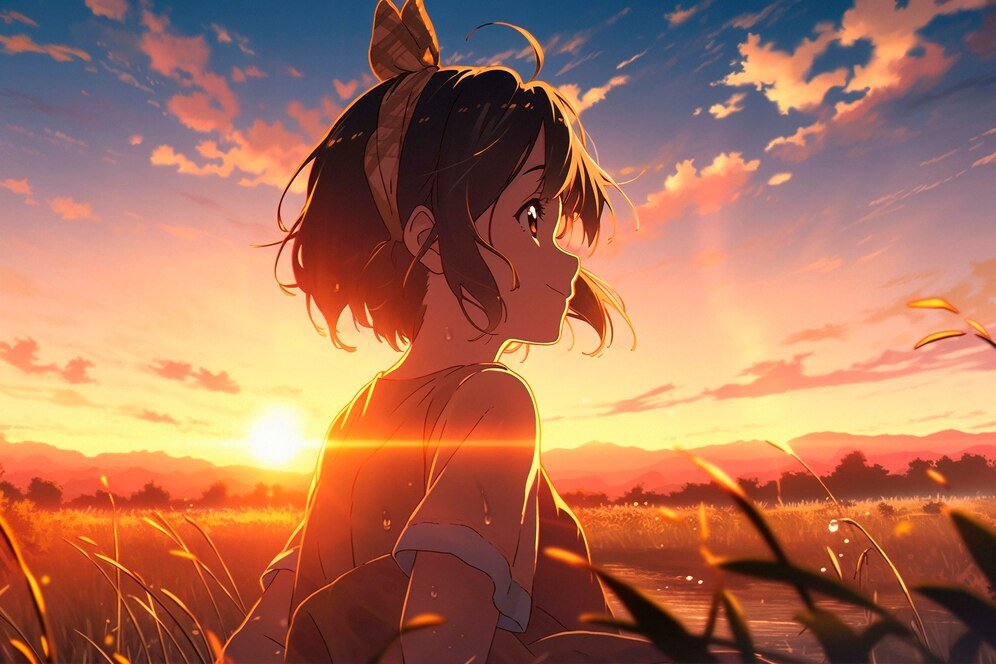Welcome to the vibrant world of online anime communities, where creativity and fandom collide. Among the many platforms that cater to enthusiasts is NHentai.net, a site that has carved out its niche in the realm of manga. With its extensive collection and user-friendly interface, it’s no wonder NHentai.nef has become a go-to destination for fans seeking explicit content.
But what does this mean for the broader anime community? How does one website shape conversations around art, culture, and ethics within this unique space? Let’s dive into the phenomenon that is NHentai.net and explore its impact on both fans and creators alike.
The Rise of Hentai and Online Anime Communities
Hentai has surged into the spotlight, becoming a significant facet of anime culture. As acceptance of diverse content grows, so too does interest in this genre.
Online platforms have played a crucial role in fostering communities around hentai. Forums and social media groups connect fans from various backgrounds, allowing them to share their thoughts and creations.
With accessibility at its peak, individuals can explore vast libraries dedicated to hentai. This democratization means enthusiasts are no longer confined to niche circles; they interact with like-minded people globally.
As these communities thrive, they also spark discussions about themes and representation within the genre. Debates over artistic merit versus controversial content create deeper engagement among members.
The rise of streaming services has further propelled hentai’s popularity. With curated selections available at users’ fingertips, it’s easier than ever for newcomers to dip their toes into this vibrant world.
Controversies Surrounding NHentai.net
NHentai.net has not been without its share of controversies. Many critics argue that the site promotes inappropriate content, particularly concerning minors. This raises significant ethical questions regarding the consumption and distribution of hentai.
Moreover, copyright infringement is a persistent concern. Artists often find their work shared on NHentai without permission. This can lead to financial losses and disincentivizes creators from producing more content.
Some users defend the site as a platform for artistic expression. They believe it provides visibility for niche genres that struggle in mainstream media. However, this perspective often clashes with those advocating for responsible content sharing.
The debate continues within online anime communities over where to draw the line between freedom and responsibility. As discussions evolve, NHentai remains at the center of these cultural conversations.
Impact on the Online Anime Community
NHentai.net has significantly influenced the online anime community, creating a space where fans can explore adult content related to their favorite genres. It serves as a hub for like-minded individuals who share interests in both mainstream and niche anime.
This platform enables artists and creators to showcase their work, often leading to increased exposure. Many independent creators have gained traction through NHentai, which allows them to connect directly with their audience.
However, it also raises concerns about how such explicit content affects perceptions of anime culture. Critics argue that it might reinforce negative stereotypes surrounding anime fans.
Yet supporters claim it fosters open discussions about sexuality within the fandom. This duality showcases the complex relationship between entertainment and community values in the digital age.
Alternatives to NHentai.net
For those seeking alternatives to NHentai.net, several platforms cater to similar interests. Sites like Hentai Haven offer a vast library of animated works and manga that users can explore freely.
Another option is E-Hentai, which provides an extensive collection of user-uploaded content. Its search features make it easy for fans to navigate through various genres and categories.
If you’re looking for something more mainstream, MangaDex hosts a wide range of comics beyond just adult content. This platform focuses on community-driven translations and supports various languages.
Doujinshi.org is also worth checking out. It specializes in fan-created works, allowing creators to share their unique stories with the world.
These sites not only provide diverse content but also foster healthy discussions among anime enthusiasts. Each platform has its own vibe, so exploring them might uncover hidden gems you didn’t know existed.
Conclusion: The Future of Online Anime Communities
The future of online anime communities is likely to be shaped by platforms that cater to diverse interests and preferences. As NHentai.nef continues to be a focal point for many, it raises questions about the direction these communities will take.
With ongoing advancements in technology and shifts in cultural perceptions, we might see more inclusive spaces emerge. Users are becoming increasingly aware of issues surrounding content accessibility and ethical consumption. This awareness could lead to a demand for better regulation within these platforms or even new alternatives that prioritize user safety and experience.
Moreover, as mainstream acceptance of anime grows, the dynamics may shift further. Communities could become more hybridized, blending fan art with traditional narratives while fostering healthier discussions around representation and consent.
For those engaged in anime culture today, staying informed about emerging trends will be crucial. The conversation around sites like NHentai.nef isn’t going away; it’s evolving along with its audience’s values and needs. Embracing this evolution can create richer environments where fans can share their passion responsibly while celebrating creativity across all aspects of the genre.

